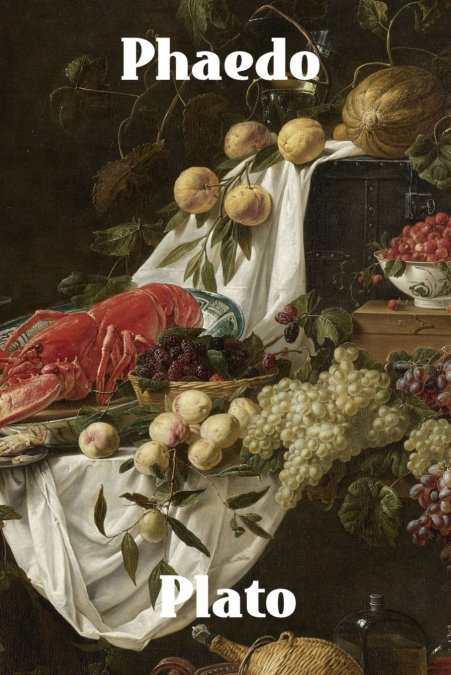
Plato
Phaedo, also known to ancient readers asô On The Soul,ô is one of the best-knownô dialoguesô ofô Platoãs middle period, along with theô Republicô and theô Symposium.ô The philosophical subject of the dialogue is the immortality of the soul. It is set in the last hours prior to the death ofô Socrates, and is Platoãs fourth and lastô dialogueô to detail the philosopherãs final days, followingô Euthyphro,ô Apology, andô Crito.One of the main themes in theô Phaedoô is the idea that theô soulô isô immortal. In the dialogue, Socrates discusses the nature of theô afterlifeô on his last day before being executed by drinkingô hemlock. Socrates has been imprisoned and sentenced to death by anô Athenianô jury for not believing in theô gods of the stateô (though some scholars think it was more for his support of 'philosopher kings' as opposed to democracy)[2]ô and for corrupting the youth of the city.By engaging inô dialecticô with a group of Socratesãs friends, including the twoô Thebans,ô Cebes, andô Simmias, Socrates explores various arguments for the soulãs immortality in order to show that there is an afterlife in which the soul will dwell following death and, for couples and good people, be more at one with 'every loving thing' and be more powerful than theô Greek gods.ô Phaedo tells the story that following the discussion, he and the others were there to witness the death of Socrates.Theô Phaedoô was first translated into Latin from Greek byô Apuleiusô but no copy survived, soô Henry Aristippusô produced a new translation in 1160.